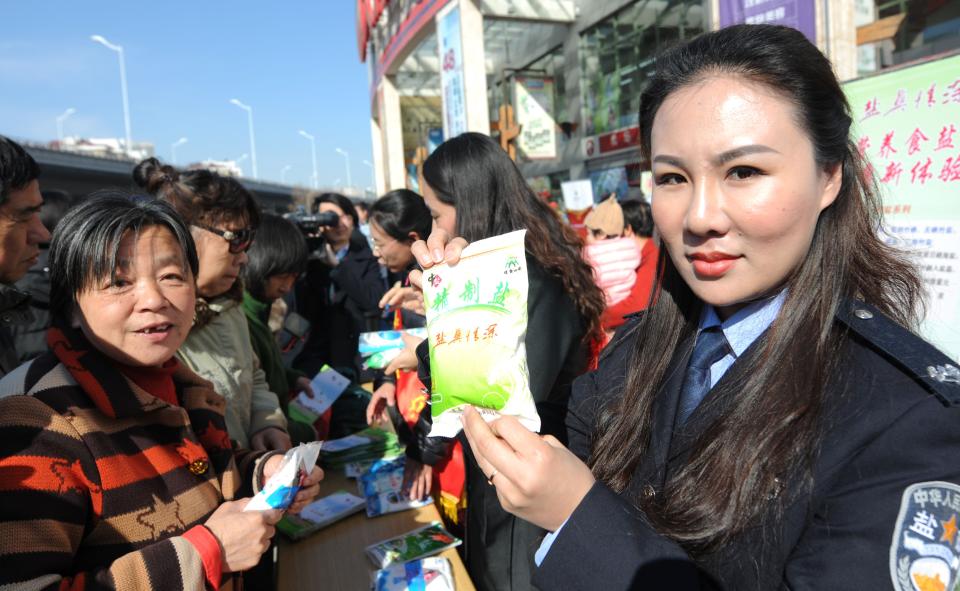Consumers should play a bigger role in the campaign against fake goods, argued commentator Zhu Xunyao, writing in Southern Weekly.
Both retailers and supervisory bodies are finding it increasingly hard to filter out fake goods, given how vast the scale of fraud is and how quickly it shifts from one product to the next. Given the fact that consumers are strongly motivated to detect fraud and have vast numbers and experience on their side, their joint efforts could help reign in fraudsters, according to Zhu.
An amendment to China’ consumer protection law in 2014 assigned consumers’ associations the duty of initiating legal proceedings on behalf of consumers in fake-goods cases. But such rule only applies to cases where consumers are believed to have suffered “clear and definite losses," Zhu said.
However, the majority of fake goods nowadays cause minor financial damages that consumers tend to ignore, he said. “In countries with mature mechanisms, this problem is solved mainly through class action lawsuits,” he said, referring to a procedure under which numerous claims can be rolled into one single action.
Even though class action was written into China’s civil procedure law in the 1990s, Zhu pointed out, such suits are rare and even more rarely successful. This is largely because the law has granted the right of class action to social organizations, namely consumers’ associations, instead of individuals, he said.
The institutional barriers the associations face, such as governmental biases and the indifference of courts to such cases, Zhu noted, have both led to the current lack of serious class action cases in China. The right to bring a suit on behalf of individuals with a common purpose should be clarified by the law, Zhu suggested, adding that in the meantime punitive measures could be increased. At present, compensation is only double the cost to the consumer, which provides little benefit even in the case of a winning lawsuit.

 Old Version
Old Version